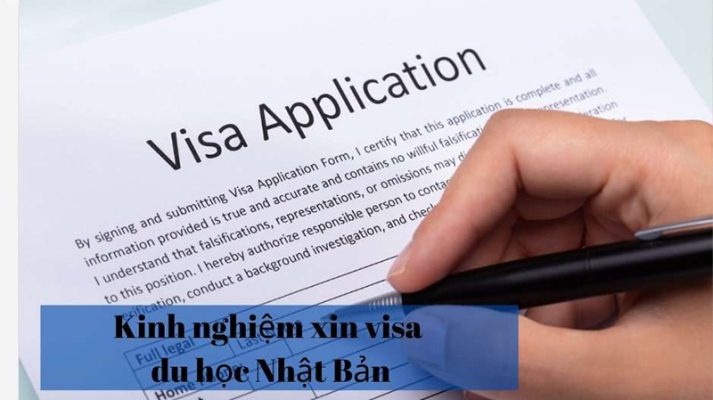1. What is Studying Abroad in Japan? How Does It Work?
Studying abroad in Japan is a dream for many Vietnamese students, as Japan is one of the countries with outstanding development in various fields. If you wish to study in Japan but lack the necessary funds, you can combine studying with working to earn additional income to cover living expenses and tuition fees.
However, not many young people know precisely about this program. Therefore, this article from QA will provide detailed information to give you a comprehensive overview, making it easier for you to choose the most reputable majors, schools, and centers. What is studying abroad in Japan? How does it work?
Studying abroad in Japan is a program that allows students from Vietnam to go to Japan for study, either through scholarships (HB) or self-financed options, with a duration of 4 to 5 years, following these pathways:
- Study Japanese language and culture in Vietnam for 6 to 12 months to achieve a level equivalent to N5, N4, or N3.
- Study Japanese in Japan for 1 to 2 years to achieve a level equivalent to N1.
- Continue studying at vocational schools, colleges, or universities in Japan.
Studying in Japan doesn’t require you to be exceptionally smart, but you need to be diligent and focused on your studies to achieve your desired results.
2. Should Japanese Students Work While Studying?
Many people surely wish to work while studying in Japan. Japan, located in East Asia, is an island nation made up of four archipelagos: the Japanese Archipelago, the Kuril Islands, the Izu-Ogasawara Islands, and the Ryukyu Islands, forming a vast mountain range stretching from Southeast Asia to Alaska.
In addition to its rich cuisine and culture, Japan is also famous for its high-quality education, with 90% of citizens being literate and an education attainment rate of over 70%. Furthermore, the number of international students studying in Japan is increasing due to the country’s high education standards. In the ranking of the best education systems worldwide, Japan ranks second, following the UK and the US, with the University of Tokyo also placed in the top 20.
Studying in Japan allows you to learn skills, expertise, foreign languages, enhance knowledge, gain experience, and have opportunities to study and work long-term in Japan with a high salary and excellent benefits.
The relationship between Vietnam and Japan is increasingly developing, with many Japanese companies investing and operating in Vietnam. Therefore, if you are an international student (DHS) in Japan, there are many opportunities to work at Japanese companies with a good salary upon returning home.
Japan provides an excellent training environment, as the Japanese have a high sense of responsibility and work ethic. Moreover, if you wish to stay in Japan, you need to develop and grow quickly.
If you study in Japan, the Japanese government allows students to work up to 28 hours a week, enabling you to cover tuition and living expenses during your studies.
Improving language skills is one of the reasons many people want to achieve something while studying in Japan. Here, you can interact, converse, and exchange opinions with local friends daily. You will learn proper grammar, rich vocabulary, listening comprehension, pronunciation, body language, and good intonation.
3. How Many Years Does It Take to Study in Japan?
The duration of your studies in Japan varies depending on your personal goals and program. There are many different programs, such as a two-week summer course or a two-year language course. If you study at a university or college, it can last up to four and a half or six years.
4. Age Limits for Studying in Japan
Under 18 Years Old
Individuals aged 12 to 17 can still go to Japan for studies but will enroll in junior high school. However, in this case, you will apply for a visa under a sponsorship system rather than the usual student visa. The procedures are quite complex.
Over 18 Years Old
From 18 to 35, you can still study abroad normally. However, the ideal age range is between 18 and 24 years, as this is a suitable time to enhance your level and graduate for employment.
5. Procedures for Studying in Japan and Important Things to Know
- Make a clear plan.
- Determine costs.
- Learn Japanese.
- Identify the appropriate time.
- Choose a Japanese language school.
- Decide on the application method (through an agency or self-apply).
- Prepare documents and apply for an admission letter and Certificate of Eligibility (COE) in Japan.
- Respond to calls from the immigration office in Japan.
- Receive the admission certificate (COA), Certificate of Eligibility (COE), and pay tuition fees.
- Apply for a student visa.




